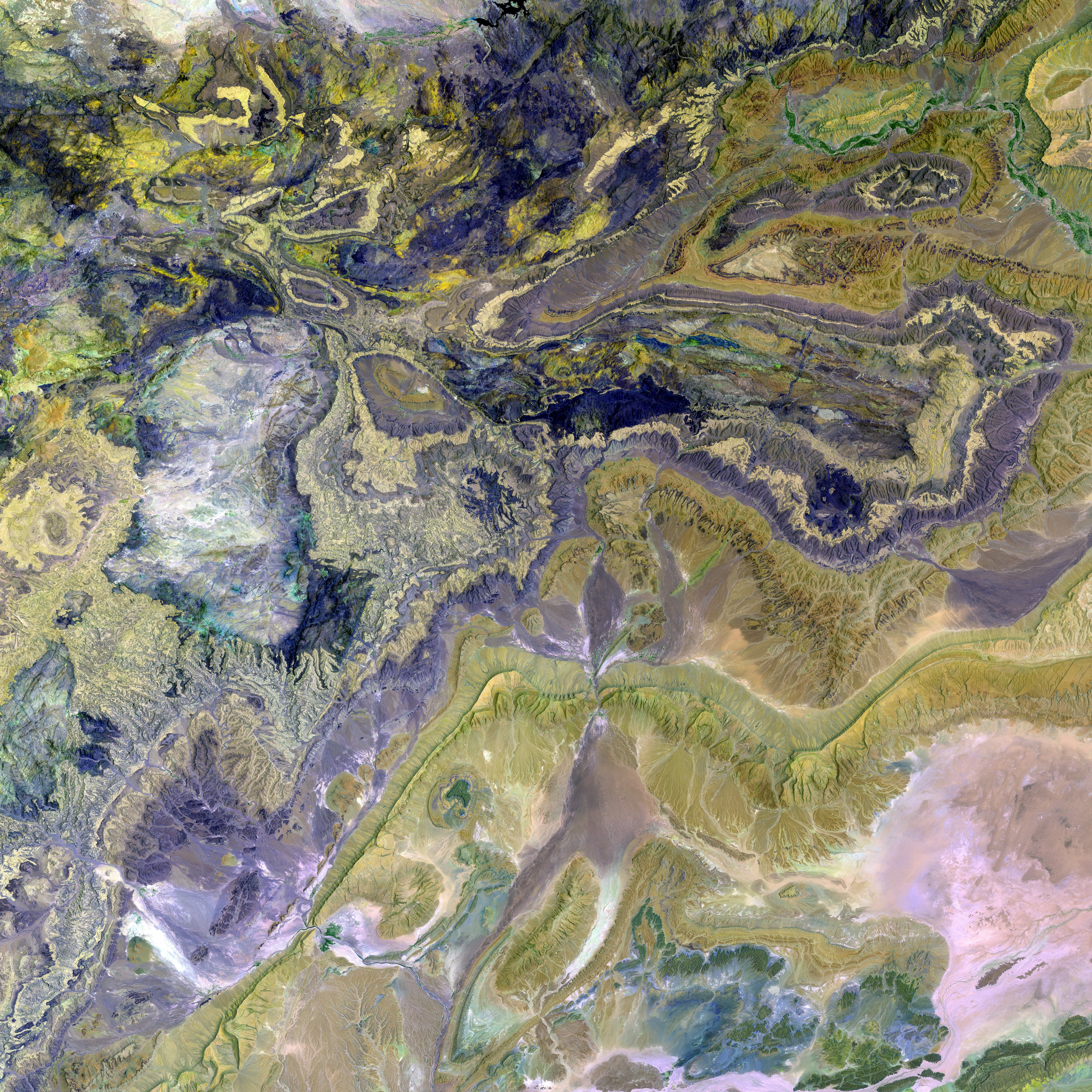Government allocates over 60 million euros to cover costs of flood-related damages - State incurs expenses over sixty million euros for rectifying flood damages
One year after the devastating floods that struck Southern Germany in 2024, the Bavarian state government has already disbursed over 60 million euros from emergency aid programs to affected individuals, businesses, and farmers. These funds were allocated to cover damages caused by the catastrophic flooding that occurred in June of the same year.
According to Finance Minister Albert Füracker (CSU), more than 14,200 applications for swift aid from private households have been submitted, with over 36.4 million euros paid out for household item and building damages. Additionally, around 2.1 million euros have been distributed to over 500 applicants under the hardship fund program.
In the agricultural sector, devastating damages were reported. More than 1,500 applications for assistance have been received, with over 1,353 businesses having already received a total of 21.9 million euros. The remaining applications are currently being processed.
The Bavarian government has pledged to continue investing heavily in flood protection to prevent future disasters. Over the past two decades, around four billion euros have been invested in flood protection projects. Further investments in the billions are planned by 2030, aiming to construct over 190 kilometers of dikes and 70 kilometers of flood protection walls, and renovate 340 kilometers of dams.
Environmentalists advocate for a landscape redesign that prioritizes natural flood absorption landscapes, such as recreating classic floodplains that were often destroyed during previous river regulation. Resilient natural flood management strategies, like rewetting peatlands and renaturing wild streams, are seen as important supplements to traditional flood defenses like dikes and levees. Bavaria's flood protection efforts strive to balance human land use with ecological restoration, creating a more resilient landscape for future generations.
--
In the Donaumoos region of Bavaria, flood mitigation strategies center on integrating land use and water management, with a focus on separating settlements and intensively used arable land from wetland habitats for improved natural flood management. Furthermore, initiatives to rewet and restore peatlands and integrate canals and ditches into the landscape are underway. Addressing agricultural drainage practices that exacerbate flooding is also a priority, and Bavaria is engaging in international collaborations to learn from Dutch expertise in flood management.
The Bavarian government has allocated a specific fund of 200 million euros for Donaumoos rewetting and related flood protection measures, underscoring their commitment to implementing a comprehensive flood mitigation strategy in the coming years. While the overall budget for all flood protection strategies in Bavaria until 2030 is not explicitly detailed, the 200 million euro fund represents a significant portion of resources focused on landscape-scale interventions.
- The Bavarian government is considering a community policy that emphasizes the importance of natural flood absorption landscapes, such as recreating traditional floodplains, as part of a comprehensive environmental-science approach to flood management.
- In the realm of finance, the state government has set aside a significant employment policy, amounting to 200 million euros, for Donaumoos rewetting and related flood protection measures, demonstrating their dedication to long-term flood mitigation strategies.
- Political discussions regarding future flood-resilient policies involve balancing human land use with ecological restoration, drawing ongeneral-news experiences from international collaborations, particularly the Netherlands, to inform agricultural practices and flood defenses.







